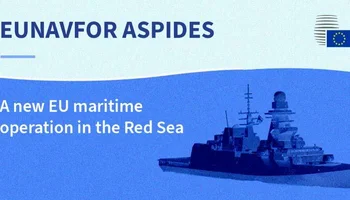واشنطن تفترس حلفاءها بِرِضَاهُم : "تناقضات الرأسماليين أنفسهم"؟!
2025-09-28
كتب الأستاذ علي نصار / خاص ـ الحقول/ بيروت : تتعدد ملفات الحرب التجارية الناشبة بين الإتحاد الأوروبي والولايات المتحدة الأميركية.
نهجك المقاوم باقٍ يلقف ما يصنعون
2025-09-28
عامٌ مضى على شهادتك، والأعداء يترقبون حضورك على الدوام، وبين أيديهم وتحت تصرّفهم إمكاناتٌ هائلة، مالٌ وإعلامٌ وتقنيّةٌ ونفوذٌ وقدرةٌ عسكريّةٌ وسطوةٌ...
"التمركس" و"صناعة التاريخ"
2025-09-28
يكاد "التمركس" في المجتمعات العربية أن يذوي.
العرب و"تحالف الراغبين" : أوروبا تريد إغراقنا في حربها الفاشلة
2025-09-16
هيئة تحرير موقع الحقول / خاص ـ الوطن العربي : تتميز الدورة السنوية للجمعية العامة للأمم المتحدة التي تنعقد هذا الشهر، بأنها تعقب القمة الروسية ـ...
رموز الوطن والاخوان : حين كشف (العقاد ) فتنة الاخوان الإسرائيلية ..مبكرا
2025-09-14
كتب الدكتور رفعت سيد أحمد / الحقول ـ القاهرة : حتي يتبين شبابنا الحقيقة ..وحتي لاتتوه وسط الازمات الاقتصادية والسياسية وطوفان غزة الوثائق وصدق...
‹
›
الشؤون العربية

أشباح ميدان طلعت حرب
2025-09-14

ليبيا : الدينار والدولار و... شبح الانهيار
2025-09-14



































